
Top Takeaways From the Morningstar Investment Conference
Nearly 2,000 advisors, exhibitors, and asset management industry leaders headed to Chicago for the annual Morningstar Investment Conference, one of the largest in the investment world. Attendees reveal some of the major takeaways for advisors - from a global outlook on bonds to where to find opportunities in the bond markets, as well as views from Franklin Templetons Michael Hasenstab and international investing tips from David Herro of The Oakmark Funds.
By Editorial Staff
View a one-page version of this slideshow.
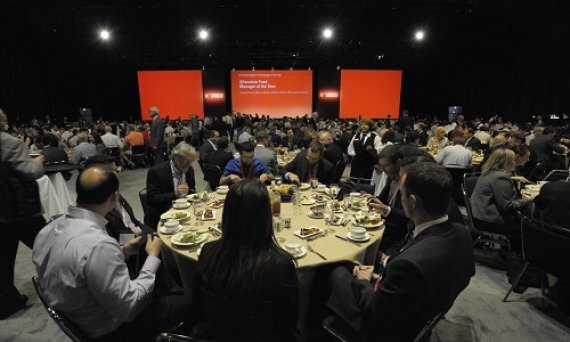
<p><b>Jerry Yockey</b></p>
RIA, Black Watch Investment Managers, Shelbyville, Ill.
My approach at this conference is to see if there is (a) consensus among industry experts. In June 2008, I came here and oil was $140 a barrel. I shorted oil for (clients and myself). At the time, around 22 of all the speakers said oil was too high. Well this is unsustainable, I thought. I connected the dots. (Now) I do a lot of bond business and coming here this week my priority has been to focus on that. Everyone who has spoken about bonds, such as Franklin Templetons Michael Hasenstab, said duration is negative, and they can't find anything attractive about bonds. It reinforced what I've already started moving clients out of bond funds and into balanced funds and more cash.
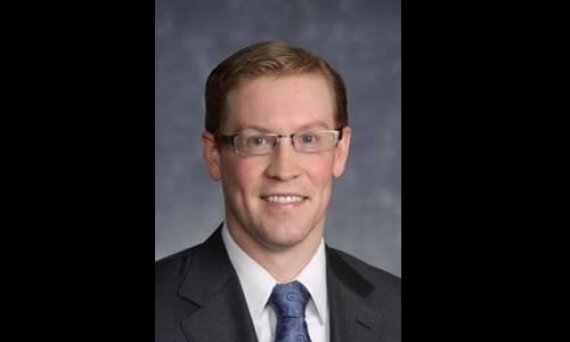
<p><b>David Webb </b></p>
Portfolio Manager, Abbot Downing, Minneapolis
"It's clear that companies have to become more dividend-oriented, and create cash flow on a regular basis, and (that) management teams have less cover to do buy-backs."
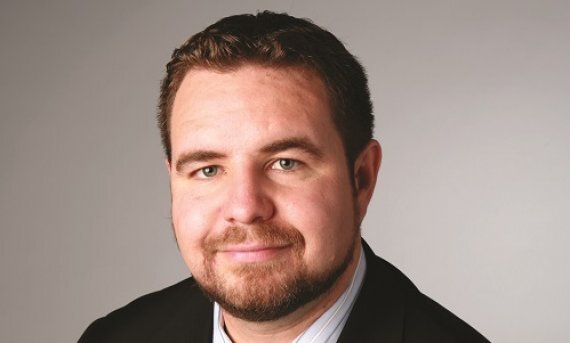
<p><b>Scott Burns </b></p>
Director of Global Manager Research, Morningstar
From Morningstar's perspective, the way to approach today's market is that good is better than bad. When in doubt, stay invested, but stick to quality firms and avoid extreme pockets of risk such as REITs, junk bonds and cyclical equities. Good advisors start training clients from day one of the relationship. That way, when the crisis comes -- and one always does -- then the conversation should be about sticking to the game.

<p><b>John Carney</b></p>
RIA, Arbor Asset Management, Ann Arbor, Mich.
Dennis Stattman, manager of the BlackRock Global Allocation fund, was against money in Japan now. There were a lot of talks about Japan and whether it was a good place to invest for clients. The takeaway is maybe I need to stay away from Japan now. We look at Japan from a mutual fund perspective.
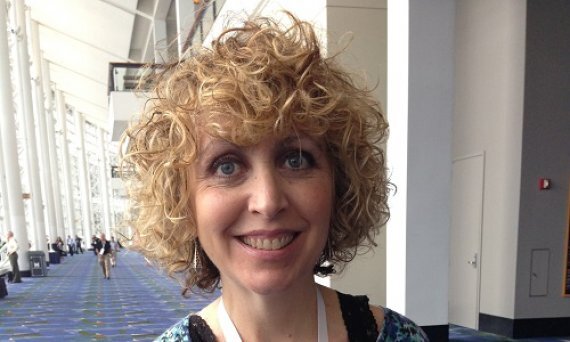
<p><b>Heidi Huiskamp Collins</b></p>
Senior Vice President, Cetera, Milan, Ill.
The biggest takeaway was the fact that emerging markets can no longer be a maybe part of your portfolio. It needs to be a major part. I have about 300 clients, and my average client is in their 60s to 70s, conservative. So I have shied away from including (emerging markets) in all but a few portfolios. But now I want to go back and say (they) should be included. I will say 10%.

<p><b>John Miller</b></p>
Co Head of Fixed Income, Nuveen Asset Management
The cautionary notes on Puerto Rican bonds. There is about $74 billion of debt outstanding from the island that makes it the number three issuer in size in the U.S. California is number one. New York is number two, Puerto Rico is a close third. Advisors need to know what their exposure is to the various credits on the island and be prepared for downside. Puerto Rico Electric Power Authority - a major issuer - is saying they're running out of cash. Advisors should know what their clients exposure is, and be prepared to lessen it. Differentiate from U.S. Municipal bond market more broadly, where US Mainland credit trends are more positive."

<p><b>David Blanchett </b></p>
Head of Retirement Research, Morningstar
"Remember that annuities are not a net present value investment. Think of car insurance. Do you expect to make a profit?"
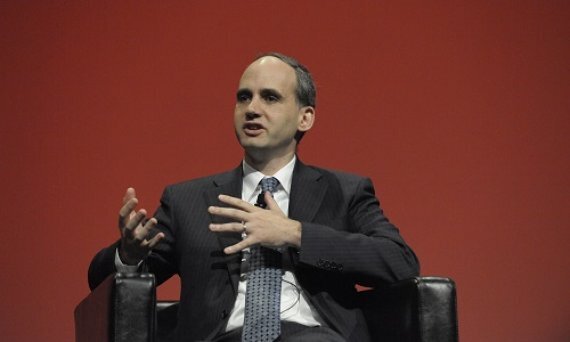
<p><b>Ben Inker</b></p>
Co-head of Asset Allocation, GMO
"What looks cheap in Europe tends to be more cyclical stuff, more leveraged stuff, more European stuff The thing that scares us the most is that a good part of these countries are not in the good part of the credit cycle."
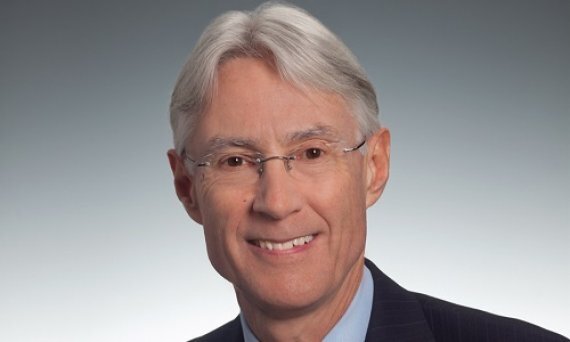
<p><b>Dennis Stattman </b></p>
Portfolio Manager and Head of Global Allocation, BlackRock's Multi-Asset Strategies Group, New York, N.Y.
"Our optimism on Europe is tempered by the fact that Europe's fiscal problems have (not) been solved. Its structural problems have not been solved. What has been solved is the markets fear that the European banking system might be about to fail We think this is a multi-year bull market that is still in its early stages." on being bullish on Japan, because of good valuations, strong monetary policy and government pursuing economic reforms.
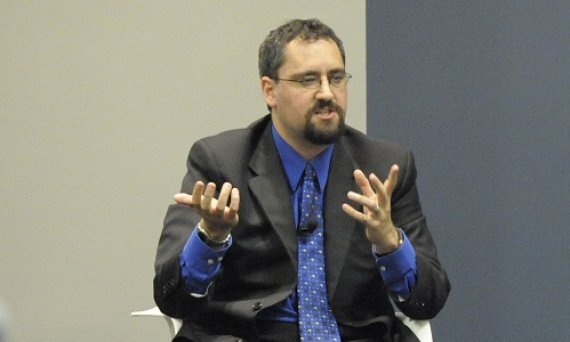
<p><b>Michael Kitces</b></p>
Director of Planning Research, Pinnacle Advisory Group, Columbia, Md.
"The thing that worries me most is this idea that we're so afraid of what happens to bonds, if rates rise, that we go into stocks. Running from something where you can lose 5% to something where you can lose 45% is not a good risk management strategy."”

<p><b>Mark Suszan (left) and Matt Suszan (right)</b></p>
Raymond James Financial Services, Franklin, Mich.
For Matt, a 25-year-old advisor, his favorite portfolio managers from the conference included Will Danoff of Fidelity Asset Management, Robert Lovelace of Capital Group, and Chris Davis, co-manager of the Davis Large Cap portfolios. Matt became an advisor two years ago, right out of college, and is the third generation in his family to go into wealth management after his father Mark, 59, who also with Raymond James Financial Services, and grandfather, Michael, 93.
To actually see all the managers you see all the time on TV, CNBC and Bloomberg, to hear from them first hand, I got a lot out of that. Just hearing their process, what theyre looking at, how they invest, and what theyre looking at going forward Basically access to the managers made it all worthwhile.
His father, Mark, also at the conference agreed. I buy managers, I dont buy funds, said the elder Suszan.
Both also were in the market for smaller funds, and headed back for another look at some of the boutiques in the exhibition hall. Im looking for hidden gems, said the father.





